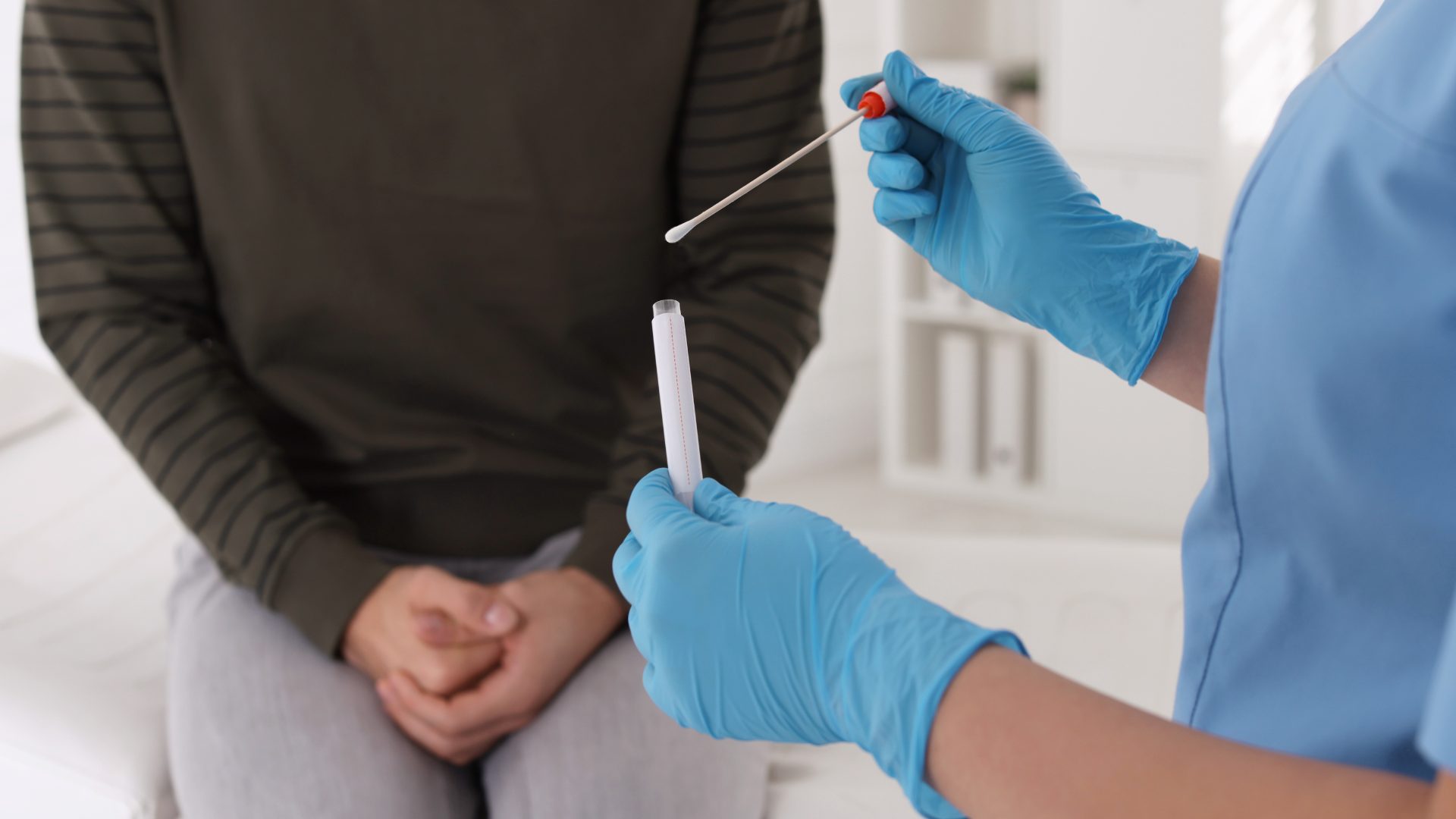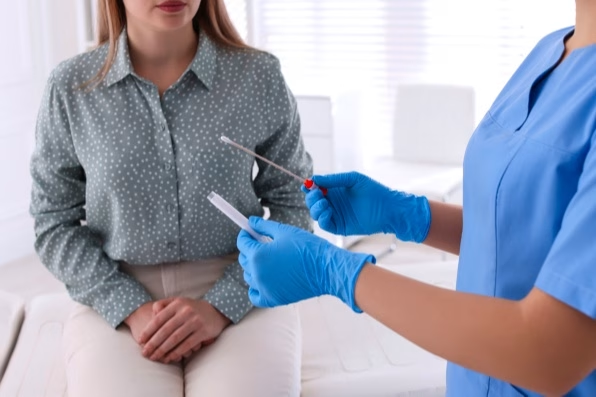
Sexually transmitted diseases (STDs) are a significant public health concern, and regular testing is crucial for maintaining your health and preventing the spread of infections. Whether you're sexually active or planning to be, understanding STD testing is vital. At AFC Urgent Care centers in Massachusetts, we provide comprehensive and confidential STD testing services. This blog will cover everything you need to know about STD testing, including types of tests, what to expect, and how to stay safe.
Why STD Testing is Important
Regular STD testing is essential for several reasons:
- Early Detection: Many STDs can be asymptomatic, meaning you may not experience any symptoms. Early detection through testing allows for timely treatment.
- Preventing Spread: Knowing your STD status helps prevent the spread of infections to your partners.
- Protecting Your Health: Untreated STDs can lead to serious health complications, including infertility, organ damage, and increased risk of HIV.
- Peace of Mind: Regular testing provides peace of mind, knowing you are taking proactive steps to maintain your health.
Types of STD Tests
There are several types of STD tests, each designed to detect specific infections. Here are some standard STD tests available at AFC Urgent Care:
- Chlamydia and Gonorrhea Testing
- Urine Test: A urine sample is tested for chlamydia and gonorrhea bacteria.
- Swab Test: For these infections, a swab from the affected area (such as the cervix, urethra, throat, or rectum) is tested.
- HIV Testing
- Rapid HIV Test: A quick test using a blood or oral fluid sample that provides results in about 20 minutes.
- Standard HIV Test: A blood test is sent to a lab, and results are available in a few days.
- Syphilis Testing
- Blood Test: A blood sample is tested for syphilis antibodies.
- Herpes Testing
- Blood Test: A blood sample is tested for herpes simplex virus (HSV) antibodies.
- Swab Test: A swab from a sore or blister is tested for the herpes virus.
- Hepatitis Testing
- Blood Test: Blood tests detect hepatitis A, B, and C infections.
- HPV Testing
- Pap Smear: A Pap smear can detect abnormal cervical cells caused by human papillomavirus (HPV) in women.
- HPV DNA Test: This test detects the genetic material of HPV in cervical cells.
What to Expect During an STD Test
At AFC Urgent Care, we strive to make the testing process as comfortable and stress-free as possible. Here's what you can expect during your visit:
Confidential Consultation
You'll have a private consultation with a healthcare provider to discuss your sexual history, any symptoms, and concerns. This helps determine which tests are appropriate for you.
Sample Collection
Depending on the tests required, samples may be collected in various ways:
- Urine Sample: You may be asked to provide a urine sample.
- Blood Sample: A small blood sample may be taken from your arm.
- Swab: A swab may be taken from the affected area (throat, genitals, or rectum).
Testing and Results
- Rapid Tests: Some tests, like the rapid HIV test, provide results within minutes.
- Lab Tests: Other samples are sent to a lab, and results are available within a few days. You will be contacted with your results and any necessary follow-up.
Treatment and Follow-Up
If you test positive for an STD, the healthcare provider will discuss treatment options and provide a prescription if needed. Follow-up testing and appointments may be recommended to ensure the infection is fully treated.
Tips for Safe Sexual Health
Maintaining safe sexual health involves more than just regular testing. Here are some tips to help you stay healthy:
- Use Protection
Consistently use condoms or dental dams during sexual activity to reduce the risk of STD transmission.
- Communicate with Partners
Have open and honest conversations with your sexual partners about your STD status and sexual health.
- Get Vaccinated
Vaccinations are available for certain STDs, such as HPV and hepatitis B. Ensure you are up-to-date with your vaccinations.
- Limit Sexual Partners
Reducing the number of sexual partners can lower your risk of contracting STDs.
- Avoid Sharing Personal Items
Do not share personal items such as razors, toothbrushes, or needles, as these can transmit infections.
Conclusion
Understanding and prioritizing STD testing is essential for maintaining your health and the health of your partners. At AFC Urgent Care centers in Massachusetts, we provide confidential, comprehensive, and compassionate STD testing and treatment services. By staying informed and proactive about your sexual health, you can ensure a safer and healthier future.


